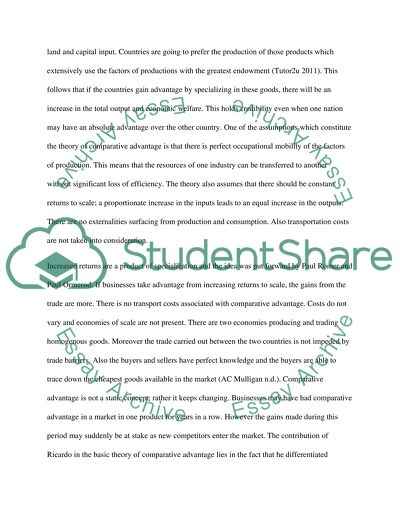Cite this document
(“A world of whose making - Economic Interdependence and Political Order Essay”, n.d.)
Retrieved from https://studentshare.org/macro-microeconomics/1408178-a-world-of-whose-making-economic-interdependence-and-political-order
Retrieved from https://studentshare.org/macro-microeconomics/1408178-a-world-of-whose-making-economic-interdependence-and-political-order
(A World of Whose Making - Economic Interdependence and Political Order Essay)
https://studentshare.org/macro-microeconomics/1408178-a-world-of-whose-making-economic-interdependence-and-political-order.
https://studentshare.org/macro-microeconomics/1408178-a-world-of-whose-making-economic-interdependence-and-political-order.
“A World of Whose Making - Economic Interdependence and Political Order Essay”, n.d. https://studentshare.org/macro-microeconomics/1408178-a-world-of-whose-making-economic-interdependence-and-political-order.


